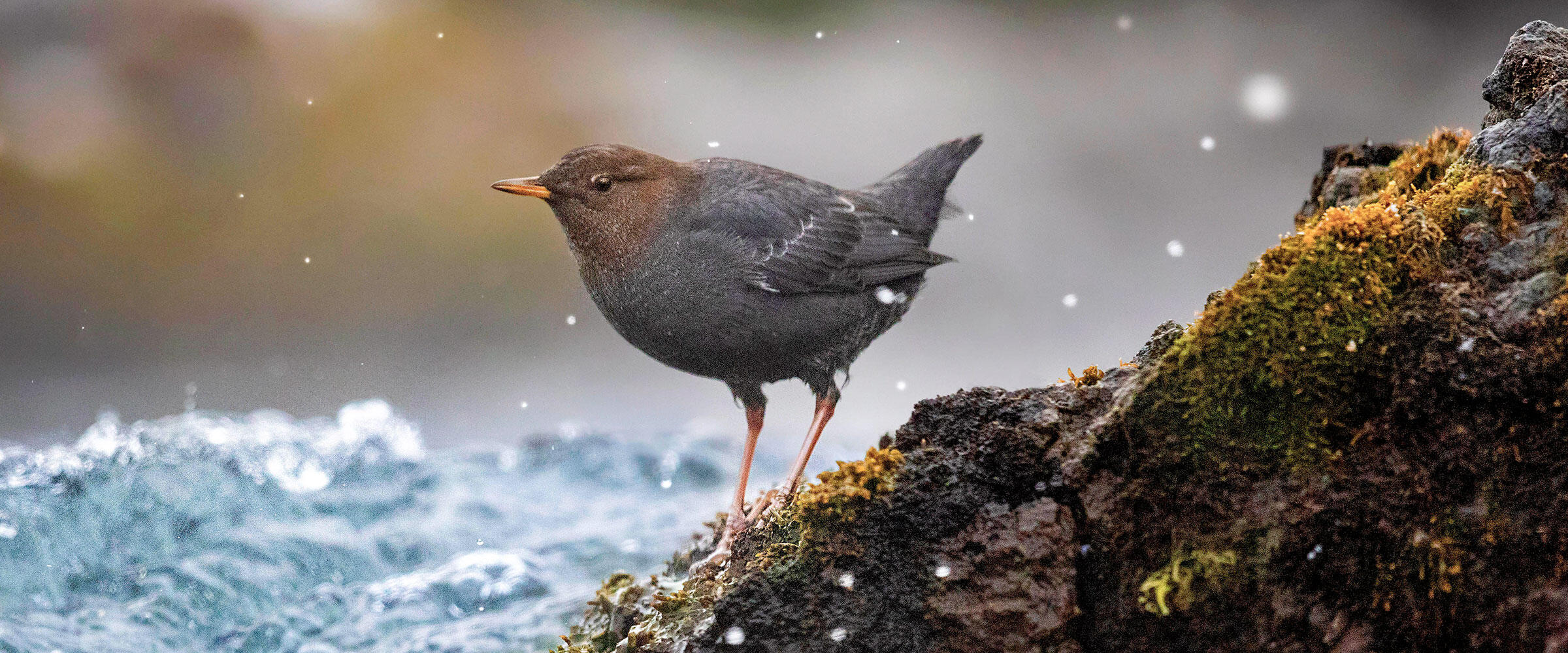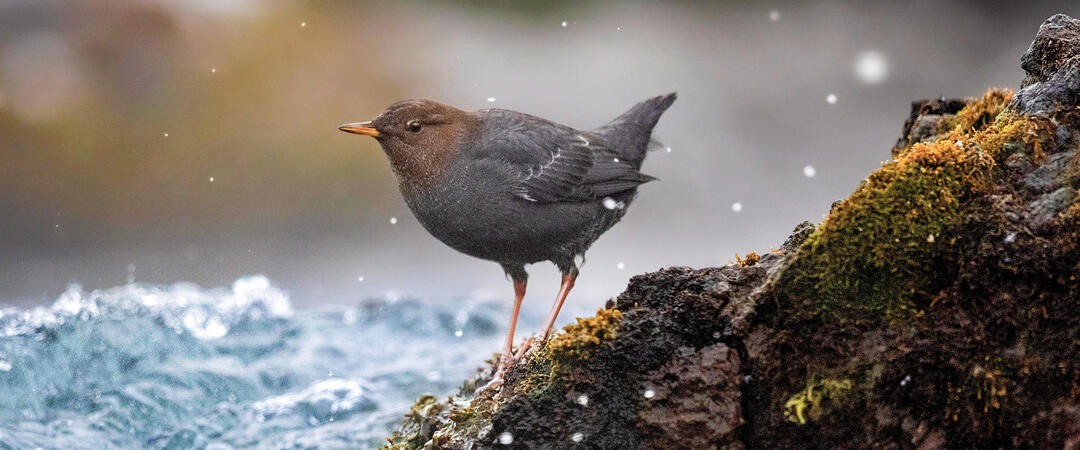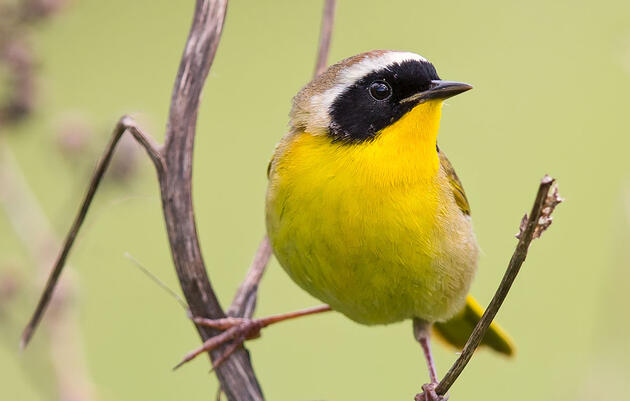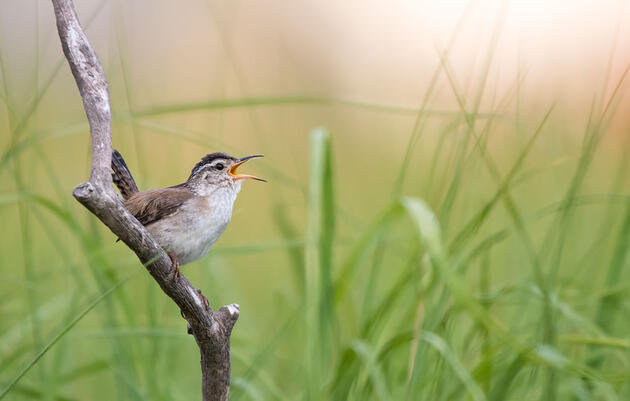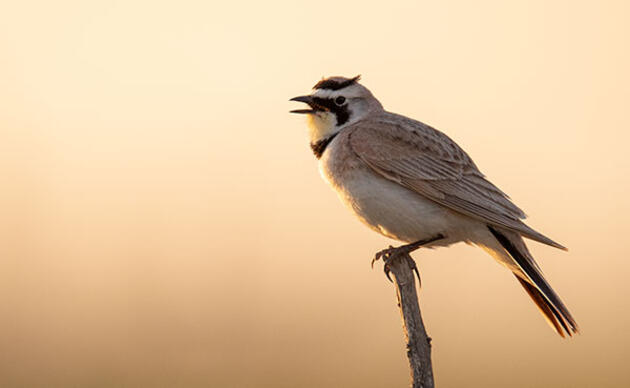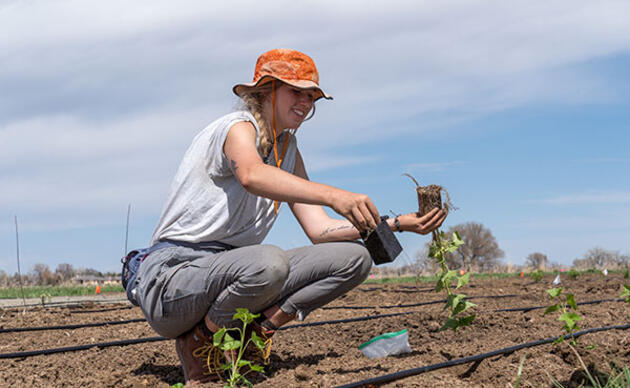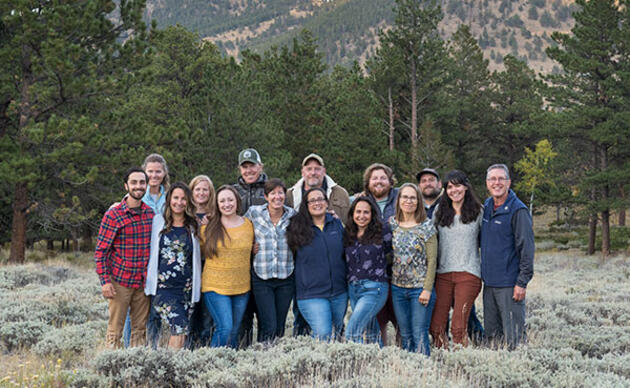Haga clic aquí para ver esta página en español.
Colorado is known as the Headwater State. Nearly all of Colorado’s rivers originate in the Rocky Mountains and flow out of the state. John Wesley Powell defined a watershed as “…that area of land, a bounded hydrologic system, within which all living things are inextricably linked by their common water course and where, as humans settled, simple logic demanded that they become part of a community,” (emphasis added). Colorado’s watersheds and rivers support all of us and our environment and supply water to 17 Western states.
Colorado’s water quality and habitats are at immediate risk. Here’s what you need to know.
Action 1: To protect our waterways, the Colorado legislature must act now
On April 23, the day after Earth Day, the 2020 federal Navigable Water Protections (NWP) Rule went into effect, leaving upwards of 25,000 miles of Colorado streams at risk to pollution and construction impacts. Colorado's wetlands and streams urgently need protections, but the legislature has yet to act. This federal rollback of Clean Water Act protections exposes between 25 and 50 percent of all of Colorado’s streams, rivers, and wetlands to unregulated pollution.
The NWP Rule impacts the protections of critical sources of clean drinking water, wetlands vital to birds, and other freshwater habitats. It curtails critical safeguards for streams that respond primarily to precipitation events—which make up 68 percent of waters in Colorado and wetlands without a constant surface water connection to a covered water or lake.
Why can’t Colorado wait for the Biden administration to overturn the Trump administration rule? A Colorado solution to Clean Water Act protections for newly threatened waters is imperative. Federal help is not on the way—for years. On April 21, Environmental Protection Agency (EPA) Administrator Michael Regan stated that the EPA does not intend to return to the Obama Waters of the United States (WOTUS) rule but also doesn't agree with every part of the Trump NWP Rule. Administrator Regan will look toward a new path forward of jurisdiction. This could take several years, during which vulnerable habitat and stream miles could be permanently damaged by bulldozers and pollution.
We need urgent and immediate state action to ensure our waterways and clean water are protected, regardless of the White House administration.
While the state Attorney General has challenged the rule in court, it is the legislature’s responsibility to take the action necessary to protect Colorado’s streams and wetlands so that they continue providing both clean and reliable drinking water to millions, crucial wildlife habitat, and river protections critical for Colorado’s $19 billion water-based outdoor recreation economy.
Take action: Ask Speaker Garnett by May 14, 2021, to prioritize our streams and wetlands now left at risk from the federal Navigable Water Protections Rule, and to support the Colorado Department of Health and the Environment’s pursuit of a state clean water permitting program. Our rivers, streams, and wetlands are critical for birds and Colorado to thrive.
Action 2: Antidegradation rule, don’t change it!
Birds and people rely on clean water from healthy rivers. High-quality water in our rivers, streams, and wetlands is critical to the long-term health of our ecosystems, wildlife, communities, and economies across Colorado, from urban neighborhoods to headwater streams.
The Clean Water Act was developed to protect our streams from degradation by human activity. Its primary goal is to “restore and maintain the chemical, physical, and biological integrity of the Nation’s waters,” and provide continual, incremental improvements to the quality of streams, rivers, and wetlands.
In Colorado, the agency responsible for protecting our streams is the Colorado Water Quality Control Commission. For the last 33 years, the Commission had a rule in place that protected most higher streams (those with quality better than the bare minimum required for drinking water supplies or to sustain fish, recreation, and crops) from degradation unless a project advocate convinced the Commission that the degradation was necessary to accommodate important social or economic development.
The Water Quality Control Commission recently proposed a rule change to Regulation #31, the Basic Standards and Methodologies for Surface Water that will allow water quality degradation without having to show a compelling need. The Commission first applied its new interpretation last year as it evaluated levels of water quality protection in the portion of the South Platte River that runs through Commerce City, a segment of river historically affected by discharges of industrial wastes and treated sewage. Now the Commission wants to make the change apply state-wide, including not just all urban areas, but also mountain and plains streams.
Under the proposed change, if a single water quality pollutant exceeds its set limit, that would be enough justification to allow for increased levels of all types of pollution, even if the waterway is otherwise quite clean. Worse yet, it allows the very same entities that cause water quality degradation to argue that water quality is too degraded to merit the protection of the antidegradation rule.
This change raises significant equity issues, as it would allow more pollution in our urban streams because there are just more polluters located in lower-income neighborhoods. During the COVID-19 pandemic, Coloradans have flocked to close-to-home rivers and streams for their mental and physical health. The rule change could allow for significant degradation of those places most easily accessed in high population areas.
Audubon Rockies has joined with American Rivers, American Whitewater, Conservation Colorado, San Juan Citizens Alliance, Trout Unlimited, and Western Resource Advocates with a common goal of safeguarding clean water in Colorado.

